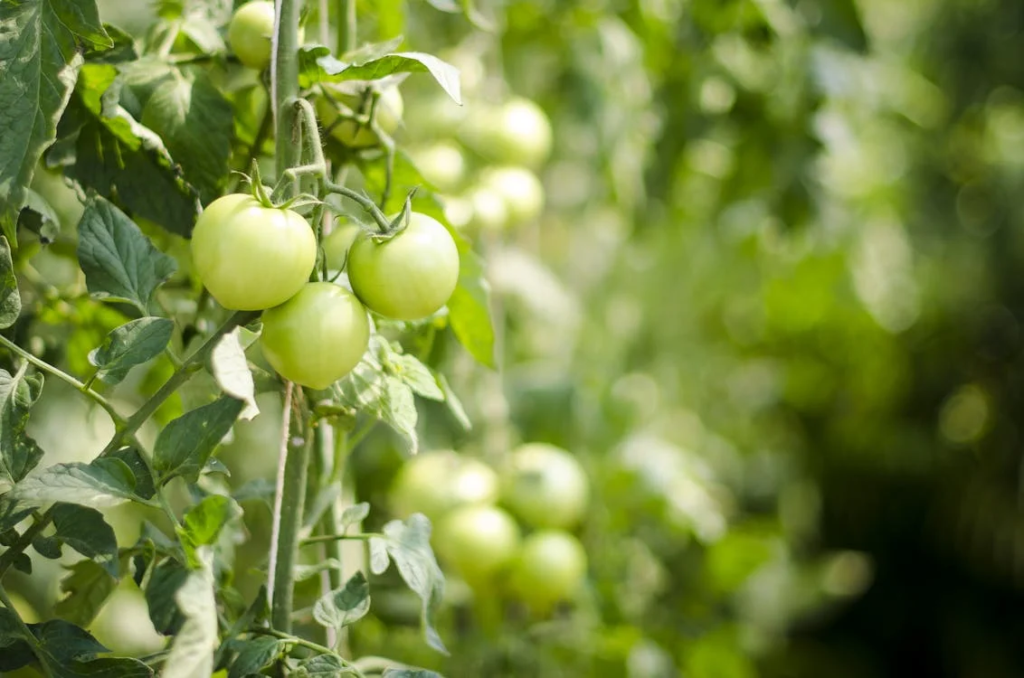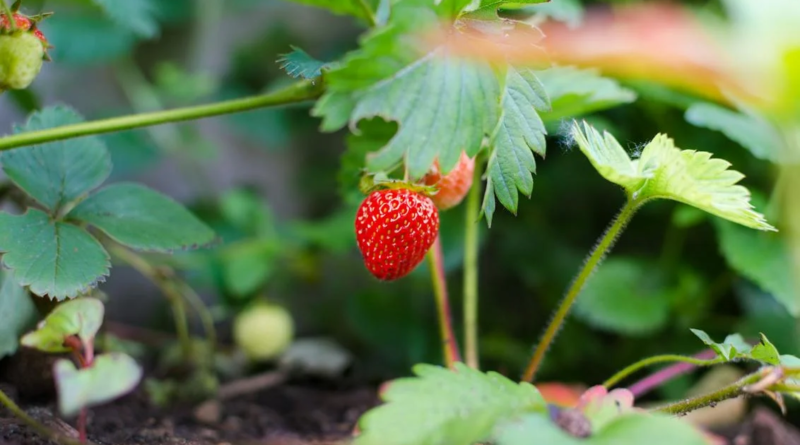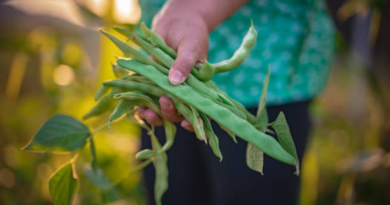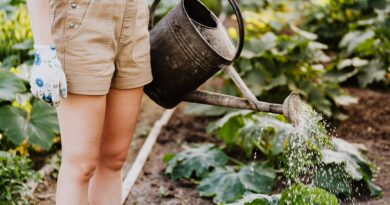Reducing Waste, Maximising Yield: Eco-Friendly Practices for Allotment Owners
In the world of allotment gardening, sustainability isn’t just a passing trend; it’s a core value embraced by those who care for the land. Allotment owners, as stewards of the earth, have a special opportunity to cultivate their plots in a way that respects nature and makes financial sense. By using eco-friendly techniques, they can reduce waste and increase their harvests, creating thriving gardens that reflect their commitment to both environmental responsibility and financial efficiency.
Organic gardening in allotments offers many benefits. It allows individuals to have control over what they grow and consume. By avoiding synthetic fertilisers and pesticides, organic gardeners can ensure that their produce is free from harmful chemicals. This promotes healthier eating habits and contributes to environmental sustainability by reducing chemical runoff into water sources.

Composting: The Heart of Sustainability
Composting is the cornerstone of eco-friendly allotment gardening. By turning organic waste into nutrient-rich compost, allotment owners can close the loop on their garden’s natural cycle. Kitchen scraps, garden clippings, and even cardboard can be composted to create a valuable soil amendment that enriches the earth and fosters healthy plant growth. Implementing a composting system on your allotment not only reduces landfill waste but also eliminates the need for synthetic fertilisers, making it a win-win for both your garden and the environment.
Water Conservation: Nurturing with Care
Water is a precious resource, especially in the dry summer months. Allotment owners can conserve water by implementing water-saving techniques such as mulching, drip irrigation, and rainwater harvesting. Mulching helps to retain moisture in the soil, reducing the need for frequent watering, while drip irrigation delivers water directly to the roots, minimising waste through evaporation. Additionally, collecting rainwater in barrels or tanks provides a free and sustainable source of irrigation, reducing reliance on mains water and lowering utility bills.
Crop Rotation: Balancing the Ecosystem
Crop rotation is not only a time-honored tradition but also a key component of sustainable allotment gardening. By rotating crops each season, allotment owners can naturally control pests and diseases, replenish soil nutrients, and maintain a balanced ecosystem. Different plant families have varying nutrient requirements and vulnerabilities, so rotating crops helps to prevent the buildup of pests and diseases while optimising soil fertility. Additionally, rotating crops can increase overall yields by maximising the efficient use of space and resources.

Natural Pest Management: Harmonising with Nature
Chemical pesticides may offer short-term solutions to pest problems, but they can also harm beneficial insects, contaminate soil and water, and pose risks to human health. Instead, allotment owners can embrace natural pest management techniques to control pests while preserving the integrity of the ecosystem. Companion planting, attracting beneficial insects, and using physical barriers are all effective strategies for minimising pest damage without resorting to harmful chemicals. By working in harmony with nature, allotment owners can create a biodiverse and resilient garden that thrives without synthetic inputs.
Seed Saving: Cultivating Heritage and Sustainability
Seed saving is a time-honored tradition that not only preserves heritage varieties but also promotes genetic diversity and resilience in the garden. Allotment owners can save seeds from their strongest and healthiest plants, selecting for desirable traits such as flavor, yield, and disease resistance. By saving seeds year after year, allotment owners can develop locally adapted varieties that are well-suited to their specific growing conditions, reducing the need for external inputs and fostering a deeper connection to the land.
Community Collaboration: Sharing Resources, Sharing Knowledge
Allotment gardening is inherently communal, offering opportunities for collaboration, sharing, and learning. By forming alliances with fellow allotment owners, sharing tools and resources, and exchanging knowledge and expertise, allotment communities can collectively reduce waste and maximise yields. Community composting schemes, seed swaps, and shared irrigation systems are just a few examples of how collaboration can enhance sustainability and foster a sense of belonging among allotment owners.

Reducing waste and maximising yield in allotment gardening is achievable through eco-friendly practices. Embracing organic gardening practices in allotments not only fosters healthier eating habits but also addresses critical environmental issues such as climate change, habitat destruction, and biodiversity loss. By avoiding synthetic fertilisers and pesticides, allotment owners can safeguard water reserves, preserve wildlife habitats, and promote biodiversity in their local ecosystems.
Implementing eco-friendly initiatives like rainwater harvesting, drip irrigation systems, and composting further contributes to sustainable gardening practices, ensuring the long-term health and vitality of allotment plots and the surrounding environment. With each seed sown and each harvest reaped, allotment owners play a vital role in preserving the planet for future generations while enjoying the abundant rewards of their sustainable gardening efforts




